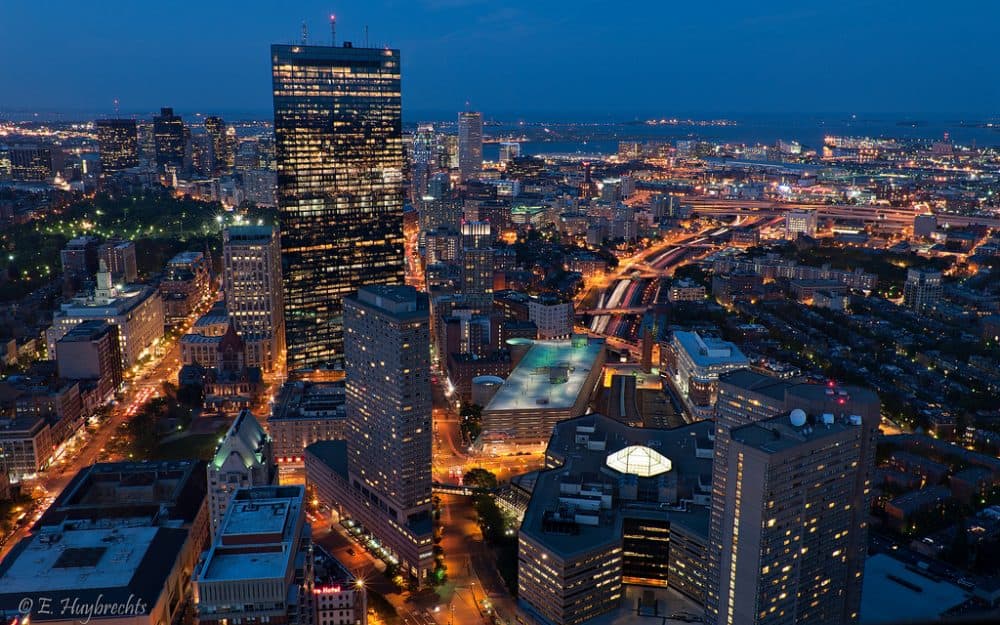Advertisement
A Peek At New England's Long History Of Ingenuity
Resume
"New England doesn't have a monopoly on ingenuity and entrepreneurial drive...but we've been at it longer than many parts of the world."
That's what Scott Kirsner writes in the current issue of Yankee Magazine.
The 80th anniversary issue focuses on stories about New England places and people who've inspired us.
Kirsner wrote about the long list of innovators, from people like Alexander Graham Bell and Edwin Land, to the folks working today in bio-tech, life sciences, and robotics.
Guest
Scott Kirsner, innovation economy columnist for The Boston Globe and blogger at BetaBoston. He tweets @ScottKirsner.
More
Yankee Magazine: Innovations & Ingenuity: New England's Gifts
- "New England doesn’t have a monopoly on ingenuity and entrepreneurial drive, of course, but we’ve been at it longer than many parts of the world. And almost every week, you can bump into a delegation visiting from Madrid or Dubai, poking into Harvard’s labs and the start-up workspaces nearby, trying to figure out the formula that produces both important scientific breakthroughs—such as cancer-hunting nanoparticles—and also high-paying jobs."
The Boston Globe: Making Better Use Of Parcel In Kendall Square
- "So when NASA announced it would plant a research center in Kendall, most people were ecstatic. Not only would Cambridge be home to hundreds or thousands of NASA employees, but the city also would play a supporting role in the space race. In 1966, the federal government bought its first acre of land in Kendall, for $81,000. The government eventually purchased about 15 acres for a total of $1.6 million."